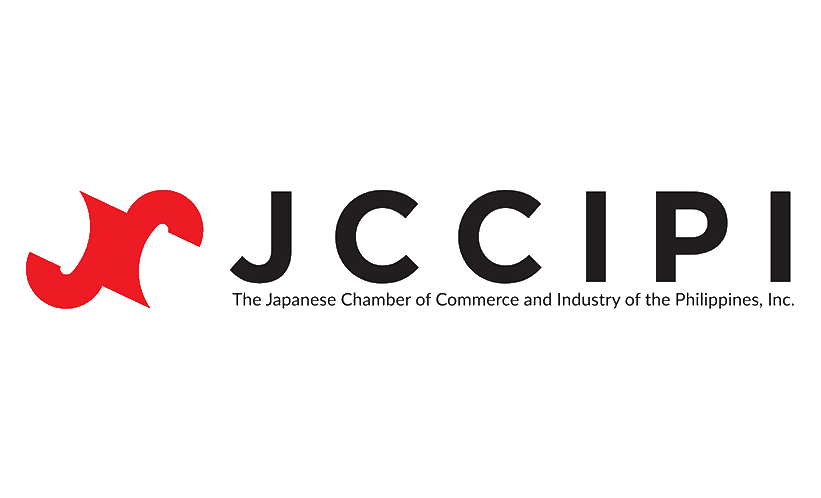JFC Statement on House Bill 4067 – Foreign Investment Act amendments
October 10, 2018 at 15:53
JFC Statement on House Bill 4067 – Foreign Investment Act amendments
October 10, 2018
In 1991, the Foreign Investments Act (FIA) or Republic Act 7042 (amended in 1996 by RA 8179) was enacted liberalizing the entry of foreign investments into the country by opening the domestic market to 100% foreign investment project except in areas/sectors identified in the Foreign Investment Negative List (FINL). This landmark law is intended to attract more foreign investments to the Philippines thereby expanding employment opportunities for Filipinos.
We recommend passage of the two amendments sought in HB 4067.
First, it is our view that that the practice of professions is not a germane provision in the Foreign Investment Negative List (FINL), a document created by the Foreign Investment Act. The FINL is intended to catalogue limitations on foreign equity in non-banking business sectors.
The constitution creates a policy bias in favor of Philippine citizens, but not a strict legal barrier to the participation of foreign professionals. Although Section 14, Article XII of the Philippine Constitution states that “the practice of all professions in the Philippines shall be limited to Filipino citizens,” this statement is immediately followed by “save in cases prescribed by law.” Almost all of the laws regulating professions contain reciprocity provisions. (see attached is the list)
There are 47 laws governing the practice of specific professions, and 45 contain “reciprocity” provisions allowing foreigners to practice their profession in the Philippines, provided their countries of origin also allow Filipinos to practice these. In addition, a Supreme Court rule limits the practice of law to Philippine nationals. Two laws regulating criminologists and radio and x-ray technologists state the profession is restricted to Philippine nationals and contain no reciprocity provision.
Considering that certain laws governing each profession allow foreign nationals to practice in the Philippines under reciprocity arrangements, it is extremely misleading to include such item in the FINL as a nationalized activity. This effectively discourages foreign professionals who could otherwise be allowed to practice here by virtue of reciprocity from working in the Philippines and sharing their ideas and technical know how, contrary to the inclusive policy of the FIA.
Because millions of Filipinos work abroad and support the Philippine economy with their remittances, it should be in the national interest to seek the reduction of restrictions on professionals in other countries, for example, in the negotiations on the General Agreement on Trade in Services (GATS) under the WTO and the ASEAN Framework Agreement on Services (AFAS). At the same time, having more foreign professionals practicing in the Philippines can bring new skills, ideas, connections and integration into global networks of service providers, and support sunrise sectors like R&D, medical travel and retirement.
In short, more foreign professionals practicing in the Philippines can mean more jobs for Filipinos at home.
The practice of profession is not an investment activity under the scope of the Foreign Investment Act and therefore should not be included in the FINL.
Secondly, the FIA allows 100% foreign ownership in domestic market activities above a minimum investment of $100,000 (with advanced technology or employing 50 direct employees), otherwise $200,000. However, operationally speaking, a US$100,000 enterprise – only a little over PhP 5.4 million – cannot initially sustain a labor force of 50 persons.
When the law was enacted in 1991, the minimum wage in the National Capital Region was PhP142 and today it is PhP475. PhP5.4 million (USD$ 100,000) is not enough to sustain a labor force of 50 persons at the current minimum wage. At the current rate of PhP 54 = US$ 1 an investor would need to spend US$ 114,269 to pay basic wages for a 50-employee work force for one year. This does not take into account other labor expenses nor other costs to operate. However, with a requirement for 15 employees, the basic wage labor budget for one year would be USD$ 34,273 with enough funds left over for other expenses.
So as not to render pointless this provision of the law, and to align it with the spirit of the FlA, there is a need to reduce the employment requirement but lower the threshold to a more reasonable number, which the bill recommends should be fifteen.
We also wish to note that at least three ASEAN countries that receive more FDI than the Philippines do not have similar restrictions for foreign investors. These three countries are Singapore, Thailand, and Vietnam. However, some may limit these rules to specific products or services.
- Singapore has no minimum investment or job creation requirements. In 2017 Singapore received US$ 62 billion in FDI.
- Thailand has no minimum investment requirements for foreign investors. In 2017 Thailand received US$ 7.3 billion in FDI. (In two previous years Thailand received more than $10 billion, 15.5 billion in 2013 and 11.4 billion in 2007).
- Vietnam has no minimum requirement for foreign investors for neither capital nor employment. In 2017 Vietnam received $ 14 billion in FDI.
The absence of minimal restrictions enables the development of many small foreign-owned enterprises in the creative industries such as design and IT applications and similar businesses that start small and subsequently steadily grow employing increasing numbers of local workers. They can also attract smaller foreign investors who have enriched the country’s vibrant tourism industry by providing a larger variety of cuisines and special services for foreign investors, including speakers in a variety of languages.
The JFC is a coalition of the American, Australian-New Zealand, Canadian, European, Japanese, and Korean chambers and PAMURI. We represent over 3,000 member companies engaged in over US$100 billion worth of trade and some $30 billion worth of investments in the Philippines. The JFC supports and promotes open international trade, increased foreign investment, and improved conditions for business to benefit both the Philippines and the countries the JFC members represent.
[PDF Version] JFC Statement on House Bill 4067 – Foreign Investment Act amendments Reciprocity in the Practice of Professions














































